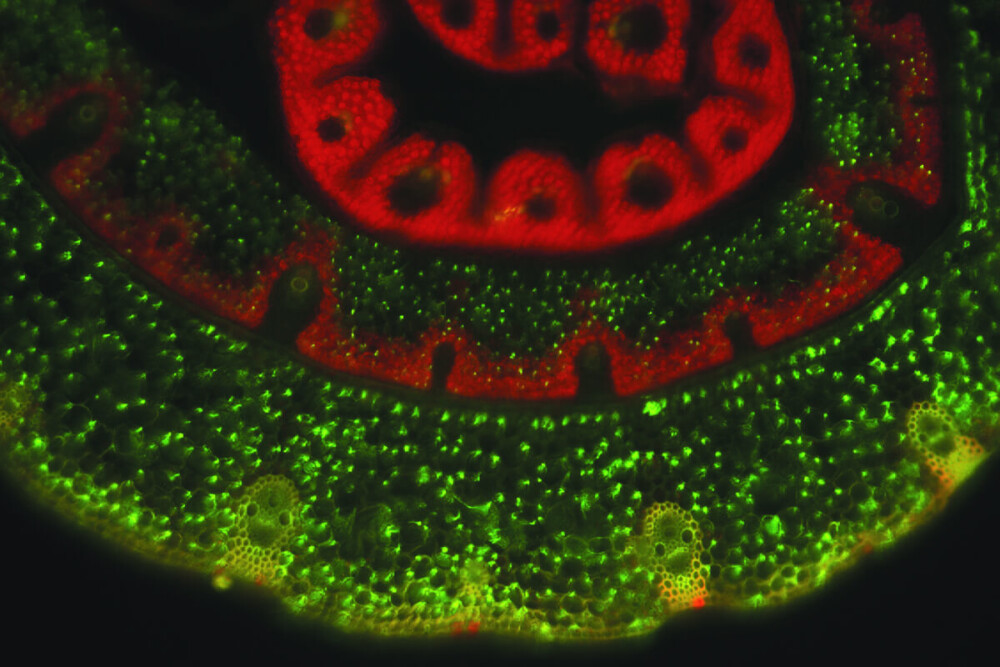Also impacting persistence were root aphid and pasture mealy bug. The AR37 endophyte was identified in the early 1990s and was shown to not produce any known problematic alkaloid compounds but did produce a unique set of epoxyjanthitrem compounds. These compounds have been linked to staggers in sheep, but they tend to be less frequent and less severe than those caused by lolitrem B. Ryegrass staggers has not been recorded in dairy cows grazing pastures infected with AR37 endophyte. In New Zealand, AR37 was found to confer a wide range of tolerance to insect pests, including Argentine stem weevil, African black beetle, root aphid, pasture mealy bug, and porina. The high level of resistance to the ubiquitous root aphid may be one of the factors that give plants infected with AR37 a yield advantage in nation-wide field trials.
Ryegrass varieties with AR37 can be purchased from all good seed retailers.
